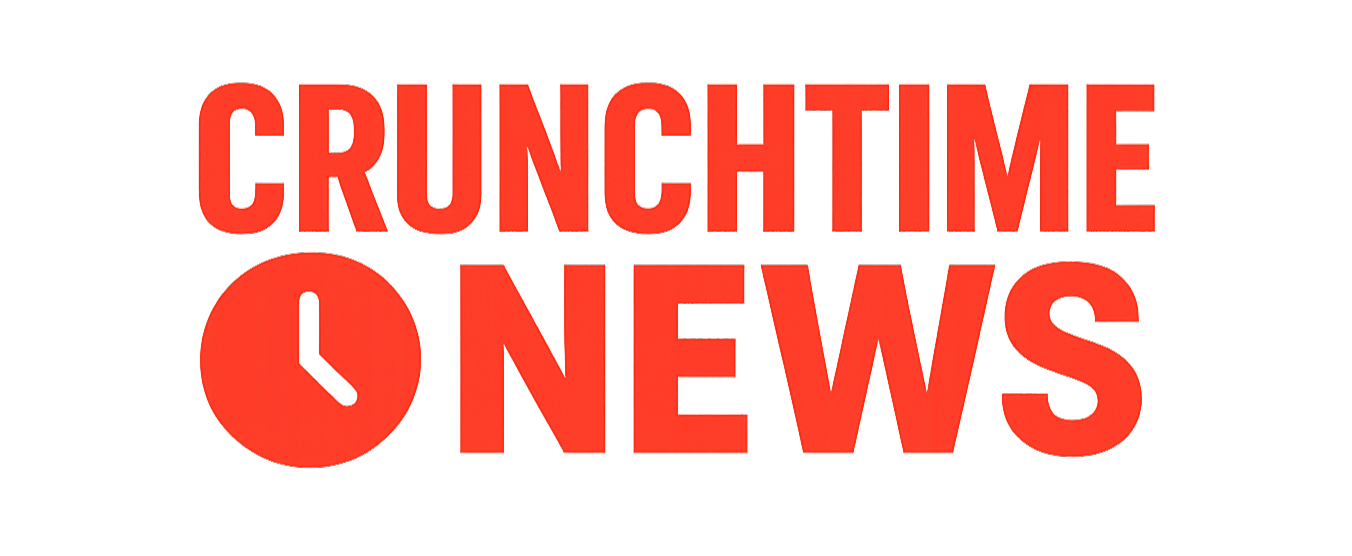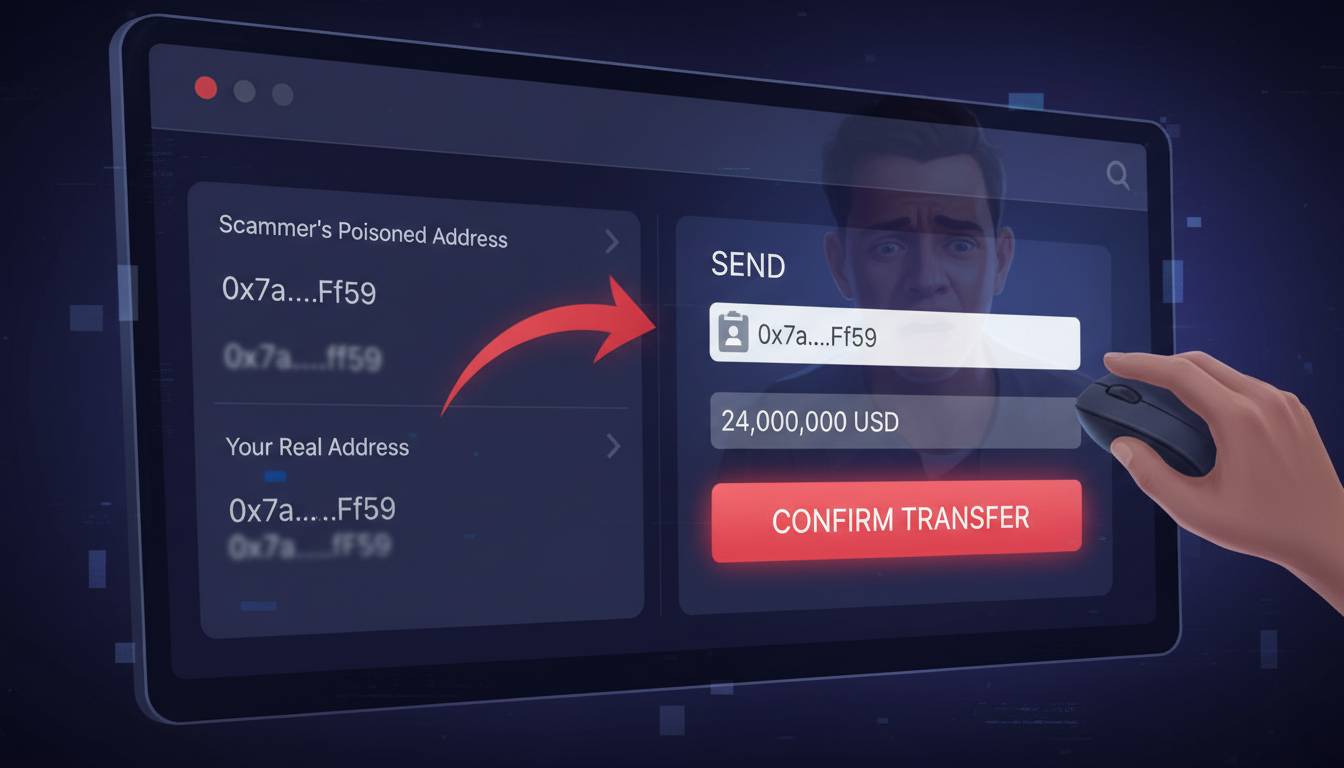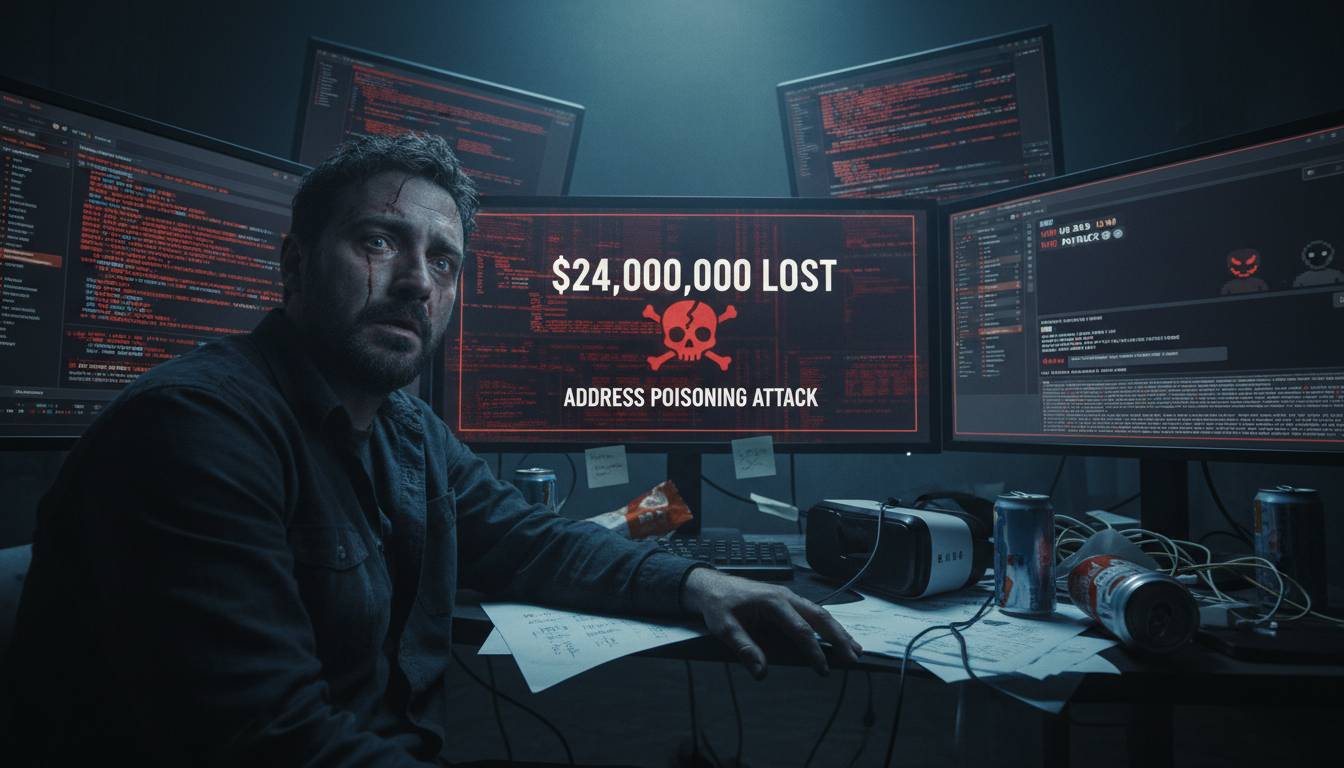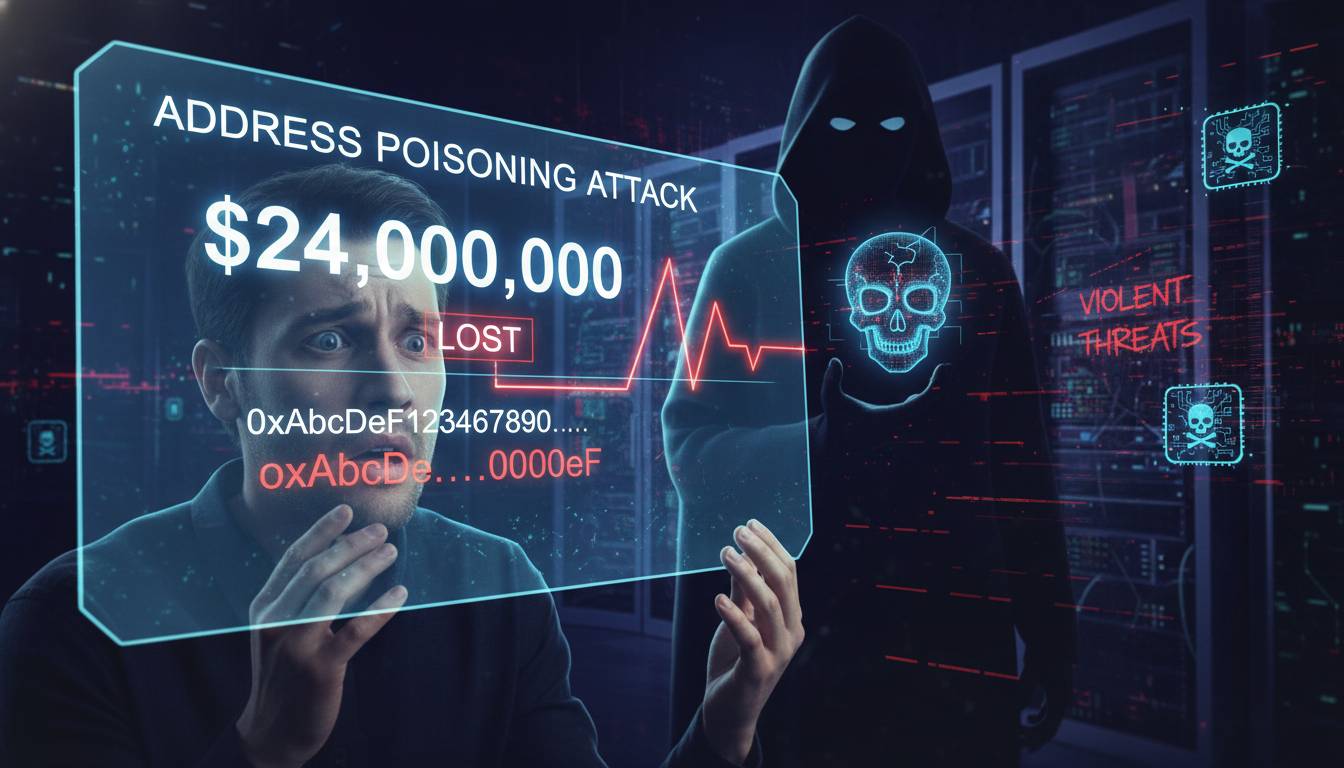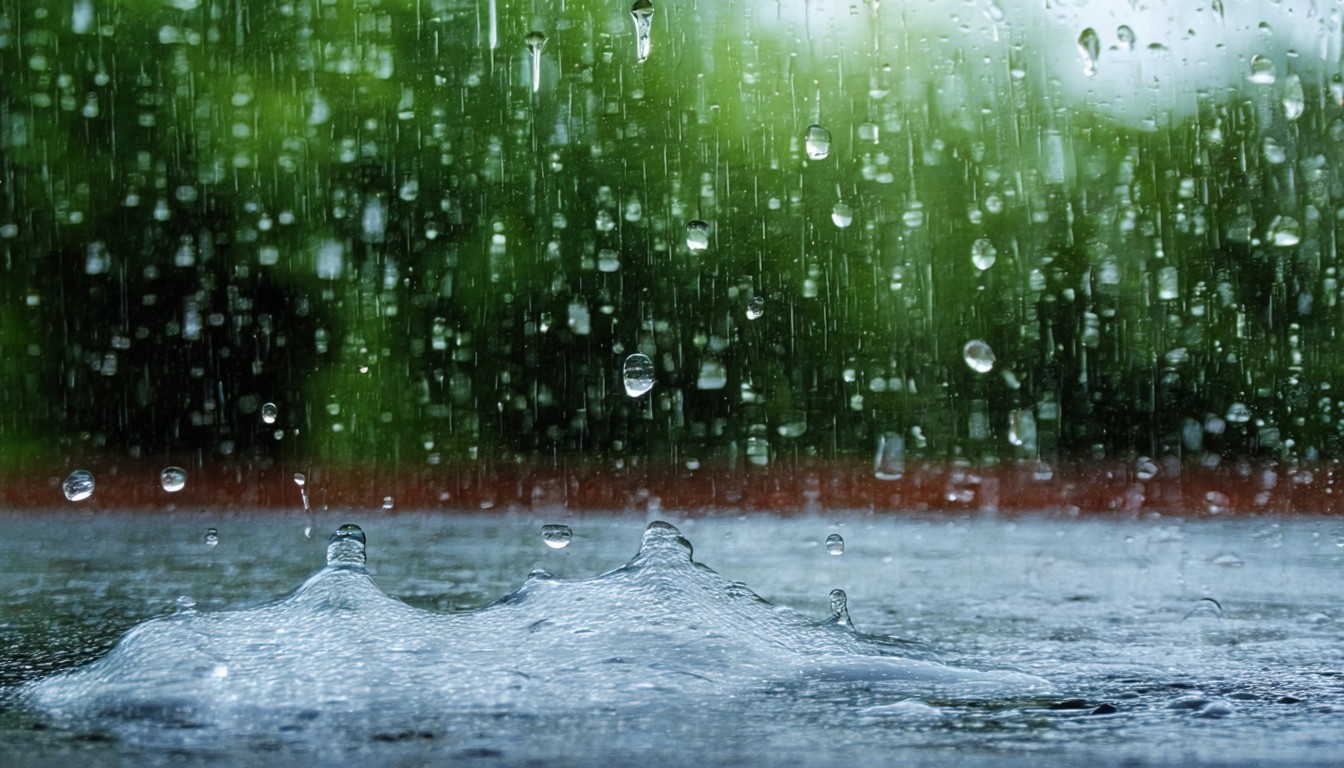In an era where personal privacy faces constant threats, the phenomenon of high-profile leaks has been thrust into the spotlight. Sophie Rain, a well-known internet personality, recently found herself at the center of an intense media storm following the unauthorized release of her private content online. This article delves deep into the unfolding of the Sophie Rain leaks, analyzes their broader implications, and offers the latest verified updates. We also explore the ongoing debate around digital privacy, victim response, and the ethical landscape of leak culture.
The Sophie Rain Leak: A Timeline of Events
Since early 2024, whispers about leaked content linked to Sophie Rain began circulating on social media platforms and online forums. Within days, screenshots and rumors proliferated, sparking curiosity and outrage among followers and cybersecurity experts alike. The incident rapidly evolved from niche internet chatter to mainstream coverage.
Key Milestones in the Leak Controversy
| Date | Event | Public Reaction |
|————-|————————————————————|—————————|
| March 11, 2024 | First mentions of a potential leak on Reddit and Discord | Limited, mainly speculation|
| March 13, 2024 | Viral spread across Twitter and TikTok | Heightened public interest|
| March 15, 2024 | Sophie Rain’s official response via Instagram Stories | Surge in support and debate|
| March 18, 2024 | Formal investigation announced by online platforms | Calls for accountability |
| March 25, 2024 | Content removed from major websites | Ongoing discussions |
The rapid escalation mirrors recent trends where digital content spreads uncontrollably—often before official statements can be made.
“The window of response for public figures affected by digital leaks is shrinking dramatically,” says cybersecurity expert Angela Morris. “Within hours, sensitive data can reach millions, putting unprecedented pressure on both platforms and victims.”
Understanding the Impact: Privacy, Reputation, and Ethics
Personal Cost and Emotional Toll
For Sophie Rain, the aftermath has been both public and deeply personal. Industry analysts note that leak victims typically experience a complex mix of emotional distress, privacy invasion, and unwarranted scrutiny.
This is not merely a case of personal embarrassment—victims often face threats, harassment, and long-term reputational risks. Over 60% of digital leak victims report ongoing anxiety or security concerns six months after an incident, according to a 2023 Pew Research survey.
The Public Conversation: Support vs. Exploitation
Sophie’s case sparked widespread dialogue online. While many rallied to her defense, condemning those who shared or sought out the leaked content, others contributed to the sensationalism via memes and commentary.
Ethicists consistently warn of the slippery slope between curiosity and complicity in leak culture. As digital privacy debates intensify, new questions emerge around platform responsibility and user accountability.
| Stakeholder | Typical Response | Ethical Complications |
|———————|—————————————–|—————————|
| Fans/Followers | Express support, spread awareness | Sometimes share content unknowingly |
| Platforms | Remove content, initiate investigations | Enforcement varies, grey areas persist|
| Media | Coverage, context framing | Risk of amplifying the leak |
| Legal Authorities | Start investigations upon request | Jurisdictional and procedural challenges|
Platform Responses: Polices, Removal, and Future Safeguards
Major Web Platforms’ Immediate Actions
Prompted by community reporting and public outcry, major web platforms acted quickly to remove the leaked content. Both Twitter and Reddit updated their content moderation workflows specifically citing increased sensitivities surrounding privacy breaches.
| Platform | Removal Time After Reporting | Enforcement Challenges |
|———–|—————————–|——————————|
| Twitter | Within 12 hours | Fast reuploads, loophole abuse|
| Reddit | Within 8 hours | Difficulty policing every subreddit |
| TikTok | Within 24 hours | Rapid content viralization |
“Removing unauthorized leaks is like a game of digital whack-a-mole,” explains online moderation lead Julia Santos. “Once content is out, coordinated takedowns must balance rapid action with due process.”
Policy Updates and Preventative Measures
In the wake of the Sophie Rain incident, online platforms have begun introducing stronger detection algorithms and reporting mechanisms. Privacy advocates urge even more assertive steps, such as increased awareness campaigns and transparent penalty systems for violators.
If you’re seeking advice on online safety or legal response following leaks, organizations such as the Cyber Civil Rights Initiative offer practical resources.
Legal Ramifications and Victim Support
Rights and Recourse for Victims
Digital leaks, depending on the content and jurisdiction, may fall under various legal categories—from copyright violations to breaches of privacy and, in severe cases, illegal distribution of explicit material. Victims like Sophie Rain are encouraged to:
- Report the leak immediately to the hosting platform
- Secure legal representation specializing in digital privacy
- Contact law enforcement if criminal activity is suspected
Table: Legal Remedies for Digital Leak Victims
| Scenario | Legal Action | Likelihood of Resolution |
|————————————-|———————-|————————-|
| Copyright infringement | DMCA takedown notice | High on legitimate sites |
| Harassment or stalking | Police complaint | Variable |
| Distribution of explicit material | Criminal investigation| Dependent on evidence |
| Defamation | Civil lawsuit | Challenging, context-dependent |
Psychological and Community Support
Victims may seek counseling and join digital communities focused on recovery. Influencers often play a vital role in raising awareness and destigmatizing conversations around leaks.
The Broader Context: Leak Culture and Future Trends
While the immediate fallout of the Sophie Rain leaks dominates headlines, the story is emblematic of a broader societal challenge—balancing freedom of information with personal privacy. High-profile incidents like this shift risk perceptions and motivate both users and platforms to evolve security practices.
Increased adoption of two-factor authentication, privacy-first social networks, and robust legal frameworks represent promising steps toward reducing such incidents in the future. However, personal awareness and responsible online behavior will remain paramount.
Concluding Thoughts
The Sophie Rain leaks have reinvigorated crucial conversations about digital rights, ethical responsibility, and the obligations of both platforms and users in safeguarding privacy. This incident highlights the urgent need for updated policies, greater empathy toward victims, and proactive risk mitigation strategies in our interconnected age. Both individuals and organizations must stay vigilant as technology and threats continue to evolve.
FAQs
What are the Sophie Rain leaks?
The Sophie Rain leaks refer to the unauthorized release and widespread sharing of private digital content belonging to internet personality Sophie Rain, which surfaced in March 2024. The leaks sparked significant discussion about online privacy, platform responsibility, and digital ethics.
How did the leaks happen?
While specifics remain under investigation, most leaks occur through unauthorized access—such as phishing attacks, weak passwords, or platform vulnerabilities. In Sophie Rain’s case, details of the security breach have not been publicly disclosed, emphasizing the unpredictable nature of digital threats.
What has been the response from social media platforms?
Major platforms moved quickly to remove the leaked content and updated their moderation policies to prevent further sharing. They also initiated investigations and enhanced their abuse reporting mechanisms to better support victims and expedite content takedowns in similar cases.
Are there legal actions victims can pursue?
Yes. Victims may file DMCA takedown requests, consult privacy-focused attorneys, and report violations to authorities when criminal laws are breached. The success of these actions depends on several factors, including content type, jurisdiction, and evidence availability.
What can individuals do to protect themselves from leaks?
Best practices include using strong, unique passwords, enabling multi-factor authentication, regularly updating privacy settings, and staying informed about phishing scams. Increased awareness and skepticism toward unsolicited emails or messages are also crucial in preventing unauthorized access to personal data.
